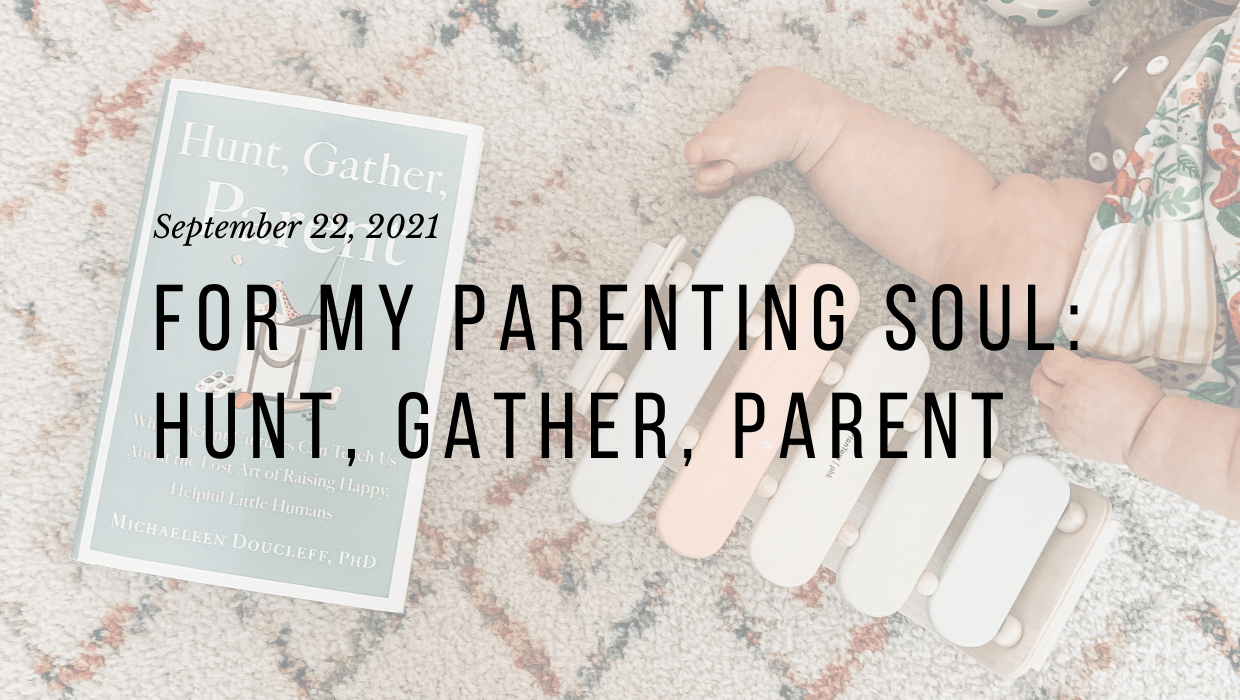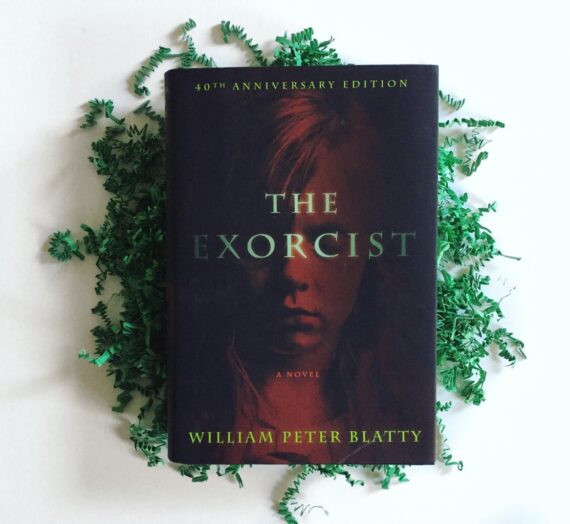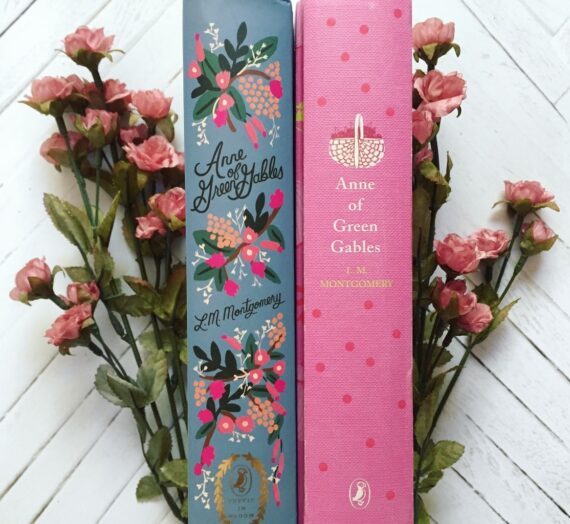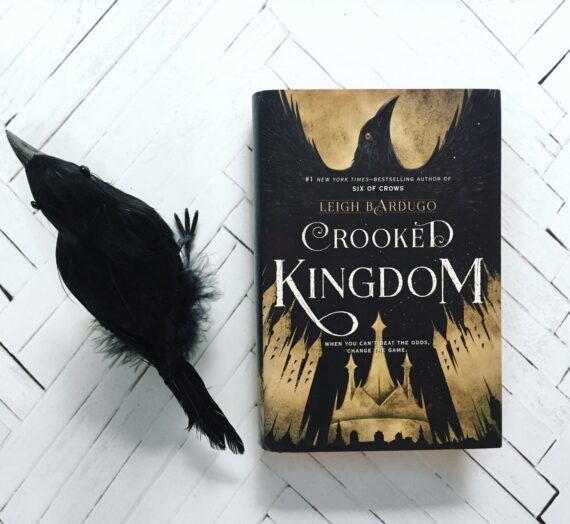Reviewing a parenting book is very “off brand” for this blog; however, this book spoke to my soul so much I felt like I had to throw it out there for anyone else who might need it. Now, if you are content with your parenting life or you don’t even have human kiddos, stop reading now. But if you feel like there are things that could be tweaked and you want to explore other parenting options, go ahead and read on.
Preface
Before I had my kiddo, the majority of the parents I saw around me made the job look intense. It looked daunting, exhausting, and like nothing I would ever be good at. And frankly, so many looked tired and somewhat miserable. Why have kids at all? But alas, biology tick tocked, and we decided we’d give it a go.
Flash forward to having a newborn. Already I was off to a bad start. I was supposed to be narrating and talking and teaching the kiddo all the time. It’s never too early to talk to them! Read them books from day one! Talk talk talk talk and talk some more! I failed every single day. I hated talking to my newborn. It was quiet in the house, and I wanted it to stay quiet. I didn’t want to tell her I was doing the dishes or changing her diaper or turning on the light. It felt inauthentic and I felt silly. Oh, THE GUILT I felt for not talking to my child was intense. Of course, I failed in many other ways, too. There were so many parenting “rules” that I didn’t follow. I was a horrible parent.
Reading Bringing Up Bebe by Pamela Druckerman was the first time I realized that it wasn’t parenting I didn’t like, it was American parenting (I should clarify that she does not disparage American parenting in this book, she simply compares it to French parenting–I made my own conclusions). Reading that book made me realize all the things I hated doing they simply don’t do in other places in the world. I’m sorry, but I hate praising my child for doing something that humans do. I don’t care if other parents do it. I just feel completely silly oozing elaborate “good jobs” for shaking a rattle.
And now I know that level of praise is really only a Western/American thing. *Phew* so at least I wasn’t that much of a screw up.
Enter “Hunt, Gather, Parent”
My kiddo is 10 months old now and taking so many cues from French parenting, I thought I’d found a very happy place with our family. I decided to pick up Hunt, Gather, Parent by Michaeleen Doucleff simply because I knew it’d resonate with me.
I did not realize how much it would resonate with me. Truly, this is my parenting bible. Every single page I was sitting there going yes, yes, yes, yes and more yes.
 Hunt, Gather, Parent Genres: Nonfiction
Hunt, Gather, Parent Genres: Nonfiction Format: Hardback
Buy on Amazon, Buy on Barnes & Noble, Buy from The Book Depository
Goodreads
When Dr. Michaeleen Doucleff becomes a mother, she examines the studies behind modern parenting guidance and finds the evidence frustratingly limited and the conclusions often ineffective. Curious to learn about more effective parenting approaches, she visits a Maya village in the Yucatán Peninsula. There she encounters moms and dads who parent in a totally different way than we do—and raise extraordinarily kind, generous, and helpful children without yelling, nagging, or issuing timeouts. What else, Doucleff wonders, are Western parents missing out on?
In Hunt, Gather, Parent, Doucleff sets out with her three-year-old daughter in tow to learn and practice parenting strategies from families in three of the world’s most venerable communities: Maya families in Mexico, Inuit families above the Arctic Circle, and Hadzabe families in Tanzania. She sees that these cultures don’t have the same problems with children that Western parents do. Most strikingly, parents build a relationship with young children that is vastly different from the one many Western parents develop—it’s built on cooperation instead of control, trust instead of fear, and personalized needs instead of standardized development milestones.
Maya parents are masters at raising cooperative children. Without resorting to bribes, threats, or chore charts, Maya parents rear loyal helpers by including kids in household tasks from the time they can walk. Inuit parents have developed a remarkably effective approach for teaching children emotional intelligence. When kids cry, hit, or act out, Inuit parents respond with a calm, gentle demeanor that teaches children how to settle themselves down and think before acting. Hadzabe parents are world experts on raising confident, self-driven kids with a simple tool that protects children from stress and anxiety, so common now among American kids.
Not only does Doucleff live with families and observe their techniques firsthand, she also applies them with her own daughter, with striking results. She learns to discipline without yelling. She talks to psychologists, neuroscientists, anthropologists, and sociologists and explains how these strategies can impact children’s mental health and development. Filled with practical takeaways that parents can implement immediately, Hunt, Gather, Parent helps us rethink the ways we relate to our children, and reveals a universal parenting paradigm adapted for American families.
One example (and I could write a novella discussing so many of the things in this book): Early in the book, the point is made that you are not responsible for entertaining your children. They will entertain themselves. Right there I WAS LIBERATED. Do you what I did when my child woke up from her next nap? Nothing. I plopped her down in her room and let her go wild doing whatever she wanted while I sat in the room and simply read this book. Guess who was happy? BOTH OF US. For an hour my 10-month-old entertained herself without a peep. Do you know what was an even bigger deal? For the first time I DID NOT FEEL GUILTY about not entertaining her myself. I WAS NOT A FAILURE! I WAS A PARENT!
Ultimately, that’s what this book taught me: hands-off parenting, which resonates the most with me, is nothing to feel guilty about. In fact, many cultures raise children that way. Parents have work to do, and they can’t take the time to sit and play blocks with the kiddo (but if you WANT to sit and play blocks with the kiddo, THEN DO IT! The point is that you do it because you want to, not because you feel like you have to). The argument is also made that perhaps it is even better not to play blocks with them. Just let the child join you in your life, because often that is where they are happiest.
IMPORTANT: The parenting style described in this book is not going to jive with everyone, and that’s okay. To me, parenting is like choosing what home you buy: what works for you might not work for someone else. At the end of the day, it’s still a house.
Loving and protecting your child–however that looks to you–is being a good parent. So I’m not saying this method is the best. I’m saying this method is the best for me. If perhaps you feel like you need an adjustment or two with your own family, maybe check this book out and see if anything in it resonates with you. Doucleff offers so may ways to ease yourself in to a more relaxed parenting approach.
Either way, happy parenting. Because that’s what it should be.

A.S. Thornton has evolved from book blogger to author with a particular fondness for writing forbidden love in ancient deserts. When not writing, she’s caring for dogs and cats as a veterinarian. You’ll never find animals at the center of her writing, though, because those fictional worlds don’t have veterinarians and her literal brain can’t accept that the poor critters would be without parasite prevention. Thornton’s debut, DAUGHTER OF THE SALT KING is available wherever books are sold.




